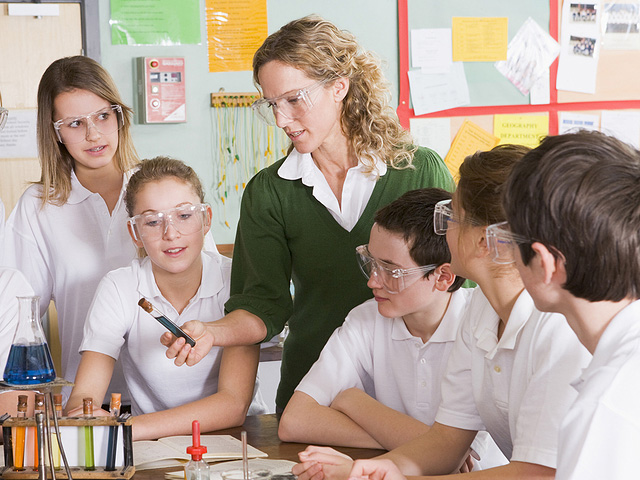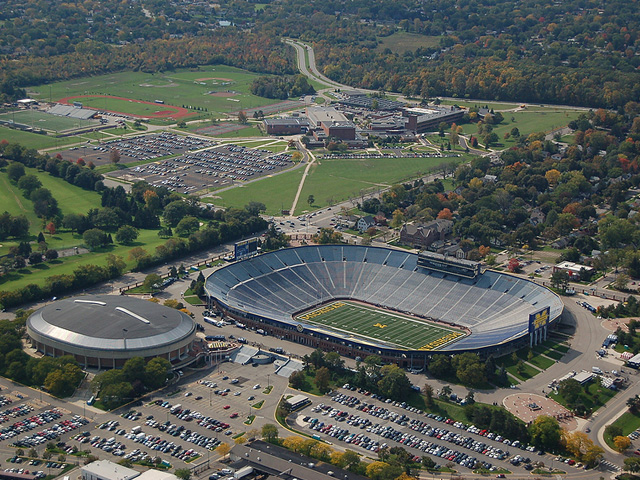Aerospace engineers design, develop, and test aircraft, spacecraft, and missiles, and supervise the production of these products. Those who work with aircraft are called aeronautical engineers, and those working specifically with spacecraft are astronautical engineers. Aerospace engineers develop new technologies for use in aviation, defense systems, and space exploration, often specializing in areas such as structural design, guidance, navigation and control, instrumentation and communication, or production methods. They also may specialize in a particular type of aerospace product, such as commercial aircraft, military fighter jets, helicopters, spacecraft, or missiles and rockets, and may become experts in aerodynamics, thermodynamics, celestial mechanics, propulsion, acoustics, or guidance and control systems.
Aerospace engineers are expected to have slower-than-average growth in employment over the projection period. Although increases in the number and scope of military aerospace projects likely will generate new jobs, increased efficiency will limit the number of new jobs in the design and production of commercial aircraft. Even with slow growth, the employment outlook for aerospace engineers through 2014 appears favorable: the number of degrees granted in aerospace engineering declined for many years because of a perceived lack of opportunities in this field, and, although this trend is reversing, new graduates continue to be needed to replace aerospace engineers who retire or leave the occupation for other reasons.

















